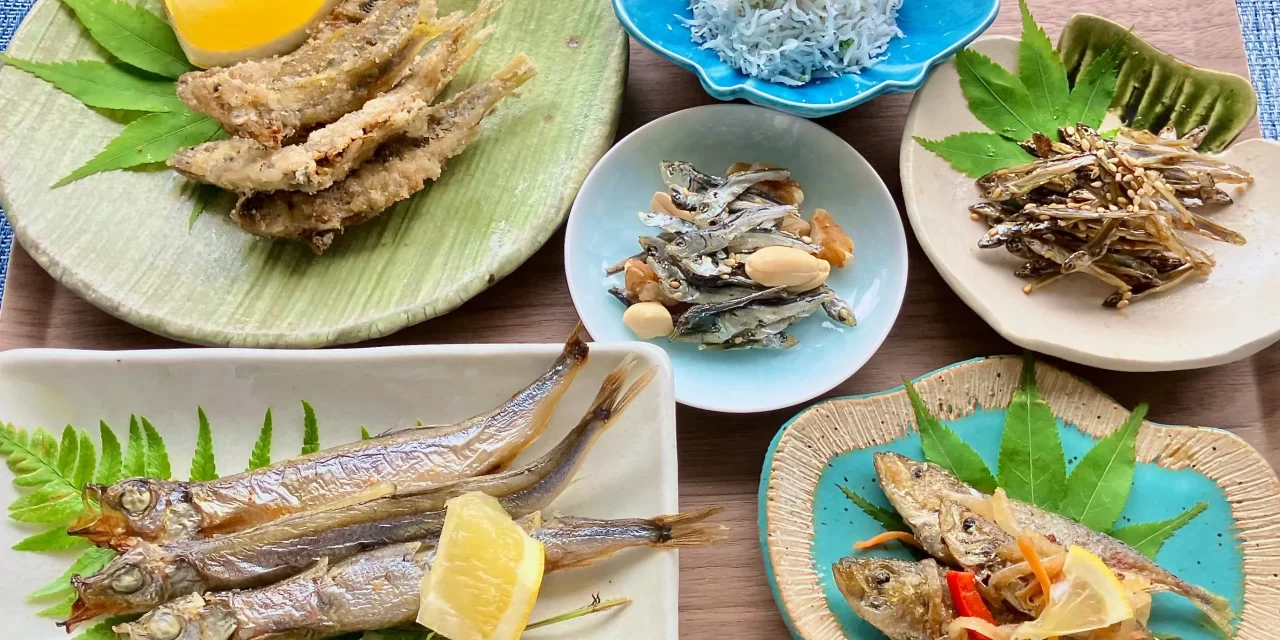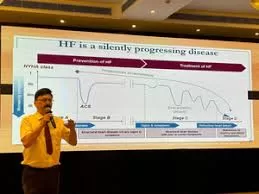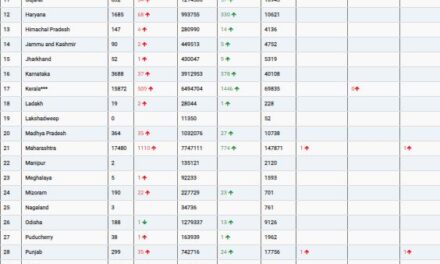Nagoya, Japan – June 30, 2024 – In Japan, it is customary to consume small fish such as whitebait, Atlantic capelin, Japanese smelt, and small dried sardines whole, including the head, bones, and organs. These parts are rich in essential micronutrients like calcium and vitamin A. A recent study by Nagoya University Graduate School of Medicine has revealed that this dietary habit is linked to a reduced risk of death from cancer and other causes among Japanese women.
Published in the journal Public Health Nutrition, the study found that incorporating small fish into the diet may significantly prolong life expectancy. “Previous studies have revealed the protective effect of fish intake on health outcomes, including mortality risks. However, few studies have focused on the effect of the intake of small fish specifically on health outcomes,” said Dr. Chinatsu Kasahara, the lead researcher. Dr. Kasahara’s personal and familial practice of eating small fish since childhood inspired her interest in the topic.
Research Methodology
The research team assessed the dietary habits of 80,802 participants, comprising 34,555 men and 46,247 women aged 35 to 69 years, across Japan. The participants reported their frequency of small fish intake through a food frequency questionnaire. They were followed for an average of nine years, during which 2,482 deaths were recorded, including 1,495 cancer-related deaths.
Significant Findings for Women
Women who regularly consumed small fish exhibited a significant reduction in all-cause and cancer mortality. Those who ate small fish 1-3 times a month, 1-2 times a week, or 3 times or more a week had 0.68, 0.72, and 0.69 times the risk of all-cause mortality, and 0.72, 0.71, and 0.64 times the risk of cancer mortality, respectively, compared to those who rarely ate small fish. Even after accounting for factors such as age, smoking and alcohol habits, BMI, and intake of various nutrients and foods, the correlation remained robust.
Men’s Health and Study Limitations
While men showed a similar trend, the results were not statistically significant. The researchers suggest that this may be due to the smaller number of male subjects or other unmeasured factors, such as the portion size of small fish consumed. Differences in the types of cancer affecting men and women may also play a role.
Implications and Future Research
Dr. Kasahara emphasized the potential global importance of these findings, despite the study focusing solely on Japanese participants. She noted that small fish are a crucial nutrient source, especially in developing countries where nutrient deficiencies are common. “Small fish are easy for everyone to eat, and they can be consumed whole. Nutrients and physiologically active substances unique to small fish could contribute to maintaining good health,” she explained.
Co-author Associate Professor Takashi Tamura added, “The habit of eating small fish is usually limited to several coastal or maritime countries, such as Japan. However, we suspect that the intake of small fish anywhere may be revealed as a way to prolong life expectancy. Further evidence is necessary to elucidate the potential role of the intake of small fish in mortality risk.”
Conclusion
This study highlights the health benefits of incorporating small fish into the diet, especially for women. The findings suggest that eating small fish whole may be a simple yet effective strategy for reducing the risk of mortality and promoting longevity. As the research team continues to explore this area, the global implications of their findings could influence dietary recommendations and public health policies worldwide.
Reference:
“Association between consumption of small fish and all-cause mortality among Japanese: the Japan Multi-Institutional Collaborative Cohort Study” by Chinatsu Kasahara et al., 3 May 2024, Public Health Nutrition.












